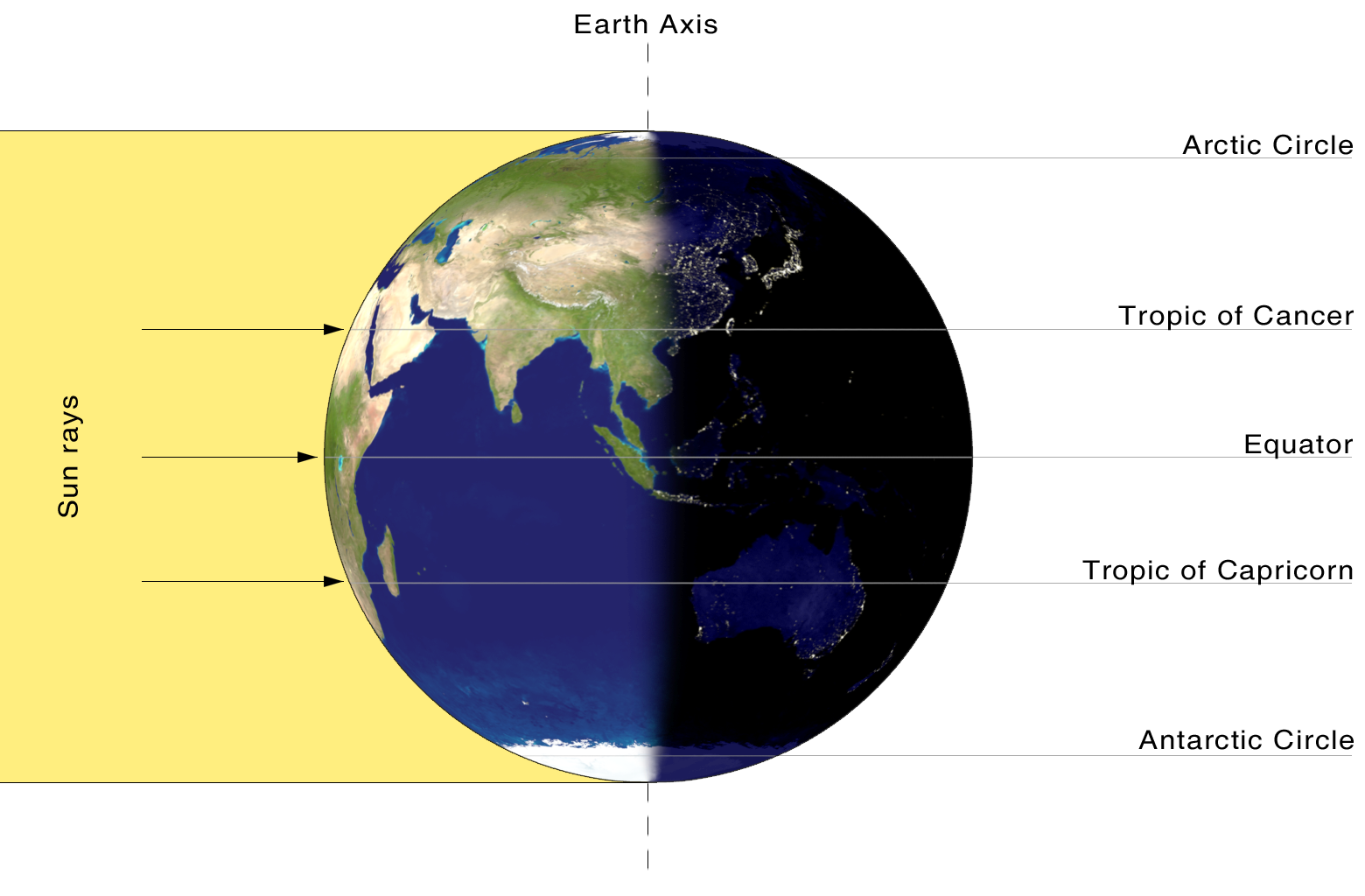The Return of Persephone (1891), by Frederic Leighton (1830–1896)
The vernal equinox of 2007 occurs at 00:07 UTC on March 21, or 20:07/8:07pm my time this evening.
“Vernal” instead of “Spring” because:
- It’s okay to use for both hemispheres.
- Also, you could use this term on any other planets on which you should find yourself.
Vernal equinox and autumnal equinox. These names are direct derivatives of Latin (ver = spring, autumnus = autumn), and as such more apt to be found in writings. Although in principle they are subject to the same problem as the spring/autumn names, their use over the centuries has fixed them to the viewpoint of the northern hemisphere. As such the vernal equinox is the equinox where the Sun passes from south to north [across the equator], and is a zeropoint in some celestial coordinate systems. The name of the other equinox is used less often.
– Wikipedia:Equinox:Names


As a gardener, you would think that I would appreciate the whole myth of Persephone and Demeter… but it just completely irks me somehow. This is neither here nor there, I know, just something I wanted to get off my chest. 🙂
Upon further consideration… maybe it’s the correlation between late fall/winter/early spring and evil/Hades/badness that bothers me?
Hehehe … Nothing to do with abduction, hostage-taking, ransom …
I think the association of Hades with “evil” is not how it was originally conceived. That’s a Judeo-Christian “innovation.” We could always blame the pomegranate.
The way I keep the story in my mind, Winter doesn’t occur because Hades is evil/dark/etc. Persephone was not the keeper of the earth. The earth didn’t miss her, Demeter did. Demeter grieved for her loss, and neglected her gardening duties, and that’s why Winter occurs. Demeter rejoices at the return of Persephone, which restores her interest in the world, and that’s when we get Spring.
It’s another “Grief & Gardening” connection.